From pv magazine Global
Gasunie said this week that the authorities in the Netherlands have started building a national hydrogen network. Contractor Visser & Smit Hanab will build the first section of the national grid. From 2030, the national hydrogen network, which will cost around €1.5 billion ($1.6 billion) to build, will connect major industrial areas across the country, as well as points in Germany and Belgium. Last year, the Dutch government contracted Gasunie to develop the hydrogen network. The first section, stretching over 30 kilometers, will be built in Rotterdam and will connect the Tweede Maasvlakte industrial park to Pernis. It is expected to be operational in 2025. Around 85% of the Dutch hydrogen network will feature repurposed natural gas pipelines.
Fortescue has invested close to NOK 100 million ($8.96 million) to acquire a 12.5% stake in Norwegian Hydrogen, making it the third largest shareholder. Norwegian Hydrogen is now building its first hydrogen plants in Hellesylt, Norway, and in Hjørring, Denmark.
ABB has supplied low-harmonic insulated-gate bipolar transistor (IGBT) rectifiers and DC-DC converters for the HyPilot project to achieve precise voltage and current control for simulating different operating regimes. This project aims to demonstrate Hystar’s 1MW containerized PEM electrolyzers and validate their patented technology in real field conditions. The demonstration will conclude by the end of 2023 at the Kårstø Gas Processing Plant in Rogaland, Norway, with ABB collaborating alongside Equinor, Yara, and Gassco.
Germany has started talks with Nigeria to import hydrogen. “Germany has a considerable demand for natural gas and, going forward, hydrogen to fuel its economy and energy transition,” Chancellor Olaf Scholz said in a recent interview with Nigerian daily The Punch. “Concrete amounts should be agreed on in negotiations between Nigerian gas producers and German gas traders.” At a recent press conference, Scholz noted that Germany operates a hydrogen office in Nigeria and wants to support renewable energy expansion in the African country.
Duke Energy has announced plans to build and operate the first system in the United States to produce, store, and combust 100% green hydrogen in a combustion turbine. The system is the result of collaboration between Duke Energy, Sargent and Lundy, and GE Vernova. It will be located at Duke Energy Florida’s DeBary plant in Volusia County, Florida. The end-to-end system will begin with the existing 74.5 MW DeBary solar plant, providing clean energy for two 1 MW electrolyzer units.
This content is protected by copyright and may not be reused. If you want to cooperate with us and would like to reuse some of our content, please contact: editors@pv-magazine.com.
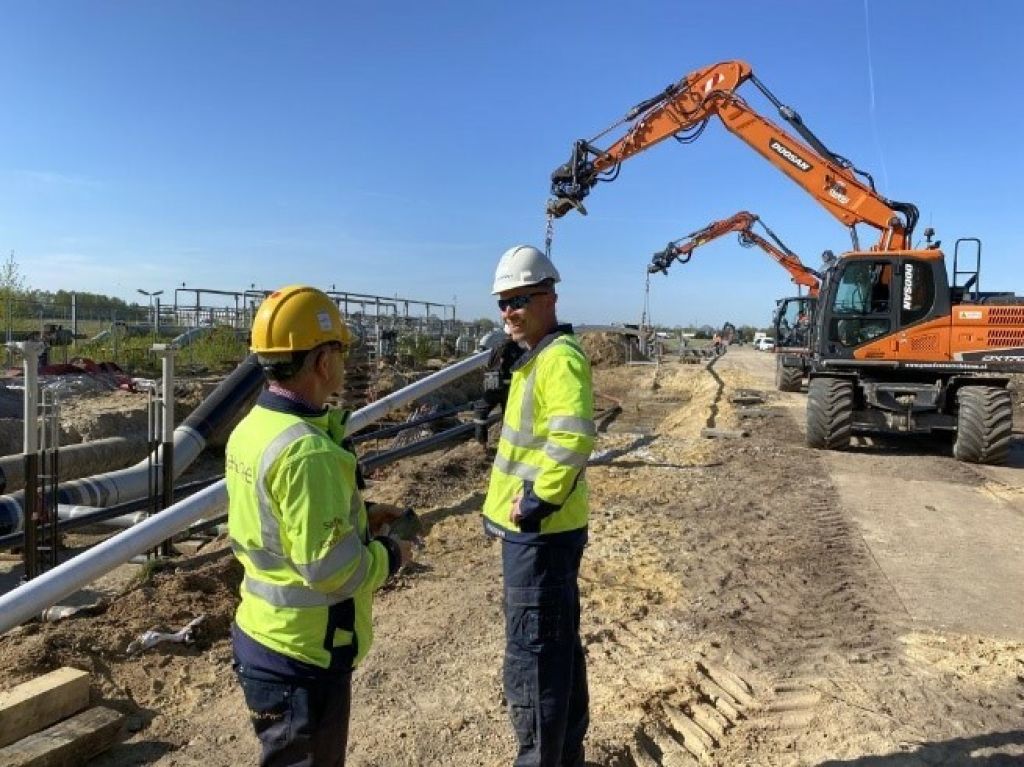
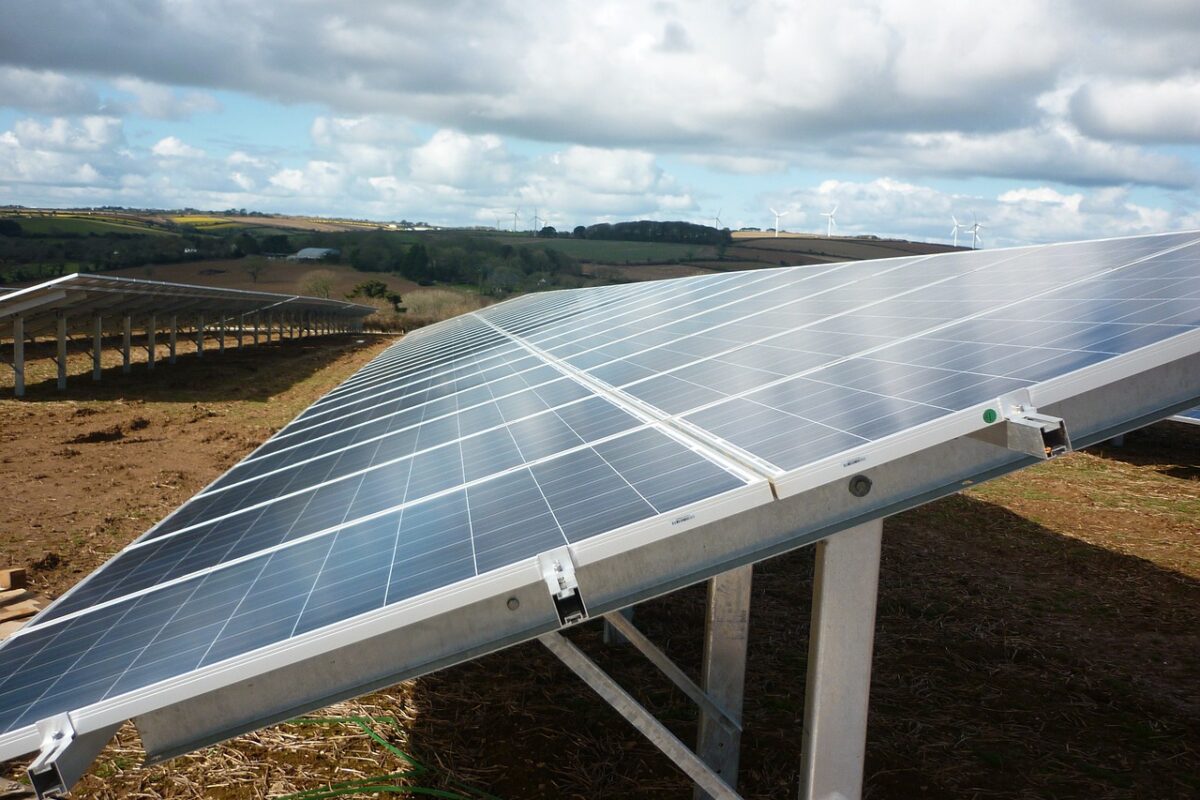


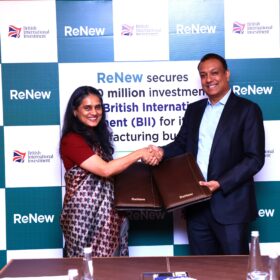

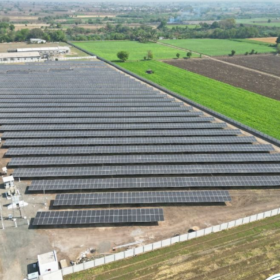
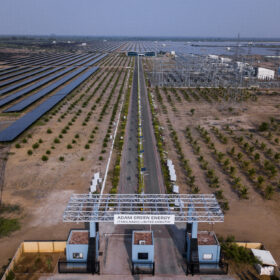
By submitting this form you agree to pv magazine using your data for the purposes of publishing your comment.
Your personal data will only be disclosed or otherwise transmitted to third parties for the purposes of spam filtering or if this is necessary for technical maintenance of the website. Any other transfer to third parties will not take place unless this is justified on the basis of applicable data protection regulations or if pv magazine is legally obliged to do so.
You may revoke this consent at any time with effect for the future, in which case your personal data will be deleted immediately. Otherwise, your data will be deleted if pv magazine has processed your request or the purpose of data storage is fulfilled.
Further information on data privacy can be found in our Data Protection Policy.